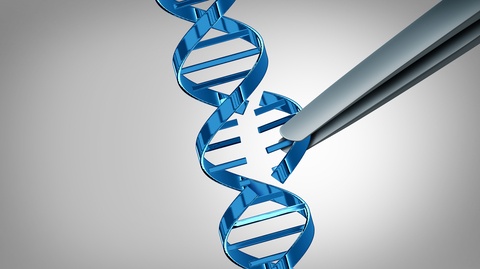Diagnosing Mesothelioma with DNA in Cancerous Cells
DNA methylation could be used to diagnose mesothelioma earlier for better treatment outcomes. This is the finding of a study from a team of researchers from Belgium. The researchers analyzed 63 studies that looked at DNA methylation in mesothelioma. Mesothelioma is a type of cancer that is caused by exposure to asbestos. The cancer develops on the thin layer of tissue that covers the lungs and chest wall. Mesothelioma is usually diagnosed after a person goes to a doctor because they are experiencing symptoms. These symptoms depend on the type of mesothelioma. Pleural mesothelioma in the lungs may cause shortness of breath, pain in chest, and fluid retention. Peritoneal mesothelioma in the abdomen can cause abdominal pain, fatigue, and ascites….



